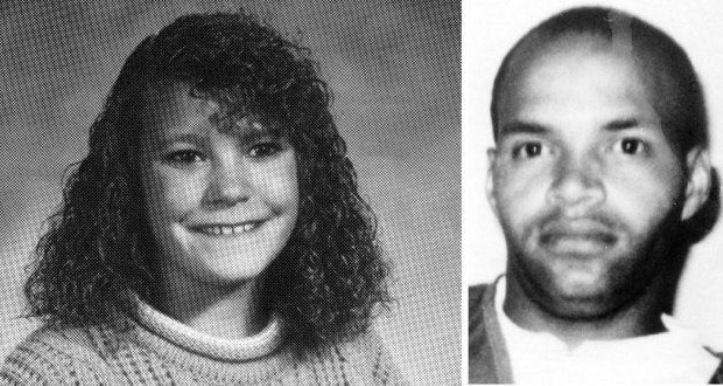Lehigh Valley Live
December 9, 2013

A Northampton County judge granted Scott Oliver’s request to represent himself as he tries to overturn his conviction in the 1989 rape and murder of an 11-year-old Easton girl.
Oliver, appearing via teleconference from State Correctional Institute Graterford in Montgomery County, told Judge Leonard Zito he would prefer to represent himself as he appeals his 1991 conviction with new DNA evidence. While he had no complaints about defense attorney Jeremy Clark, he said his legal strategy may make Clark uncomfortable about moving forward.
Oliver said he has educated himself over the past 24 years by conducting research in prison law libraries. While he is uninformed about most legal matters, he conceded, he is an expert in his own case and the relevant case law.
“I do have extensive knowledge of the wrong that was done to me as well as DNA evidence and how it applies in cases,” Oliver said. “Outside of my case, my knowledge of the law, it’s not there. But I know my case.”
Clark agreed that no one in the county could match Oliver’s own knowledge of his case, and he pointed to briefings Oliver filed on his own behalf to show Oliver was competent. While his writing style left something to be desired, no one can dispute he knew the law in this instance, Clark said.
“He’s more than competent to be representing himself on this case,” Clark said.
Zito granted the request in a brief motion filed this afternoon.
Oliver, 46, was sentenced to life in prison for the murder and rape of Melissa Jaroschak. The girl was last seen alive leaving a beer party on an island in the Lehigh River with Oliver on Aug. 20, 1989. Her body was found the next day in a wooded area near an abandoned railroad loading dock off Canal Street.
During Oliver’s trial, defense attorney Gary Asteak asked to be removed from the case for unspecified reasons. When Oliver first appealed his sentence claiming Asteak was ineffective, the attorney said Oliver had admitted to killing the girl and asked him to bribe people to give him an alibi.
“You know. You know. Stop, stop. You know I did it,” Asteak testified Oliver said, according to court documents.
Oliver’s appeal process received new life in 2009. The Innocence Project, an organization that reviews DNA evidence in hopes of exonerating those wrongfully convicted, accepted his case. While a preliminary test found evidence that a second man may have been involved in Jaroschak’s death, a second test could not rule him out as a suspect.
Oliver argued the DNA evidence should be enough to grant him a new trial, but Zito has twice denied the motion. After the first denial, the Superior Court found Zito erred by considering the second DNA test when making his ruling, but Zito reached the same conclusion a second time considering witnesses who saw Jaroschak with Oliver prior to her death and his confession to Easton police.
Oliver has filed an appeal with the Superior Court in an attempt to overturn Zito’s latest denial of a new trial.
